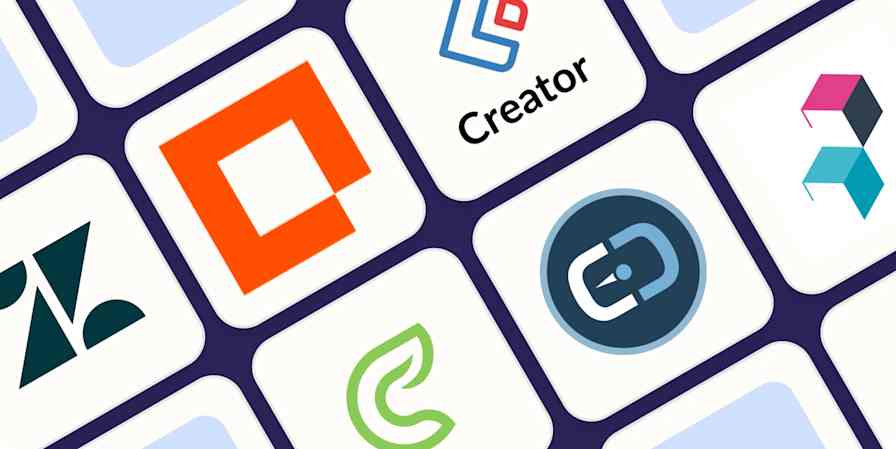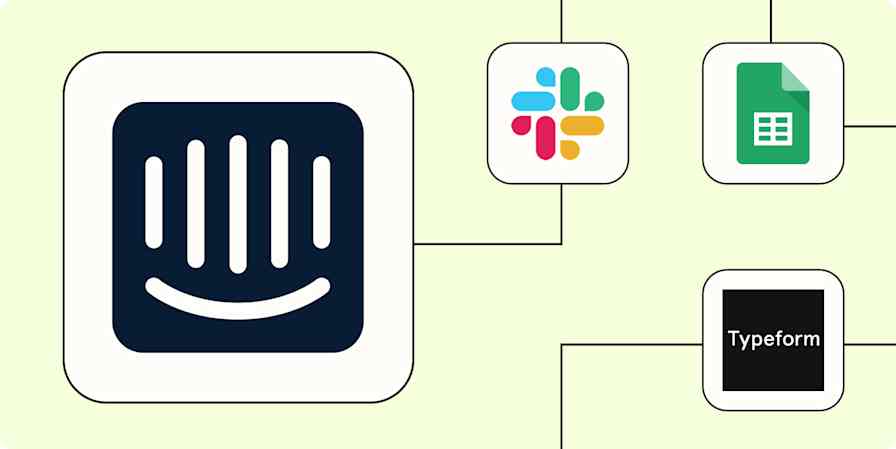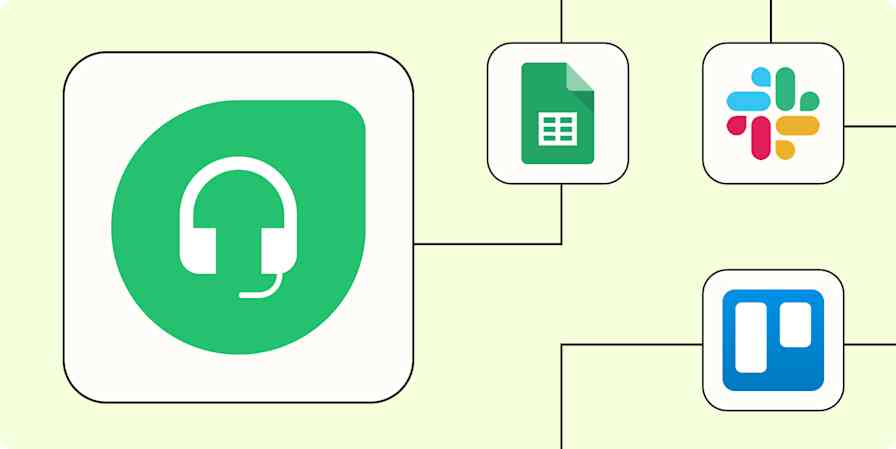Business tips
4 min readThe NPS Playbook: Why Your Net Promoter Score Matters to Your Entire Team
By Melanie Pinola · February 27, 2017

Get productivity tips delivered straight to your inbox
We’ll email you 1-3 times per week—and never share your information.
tags
mentioned apps
Related articles
Improve your productivity automatically. Use Zapier to get your apps working together.








